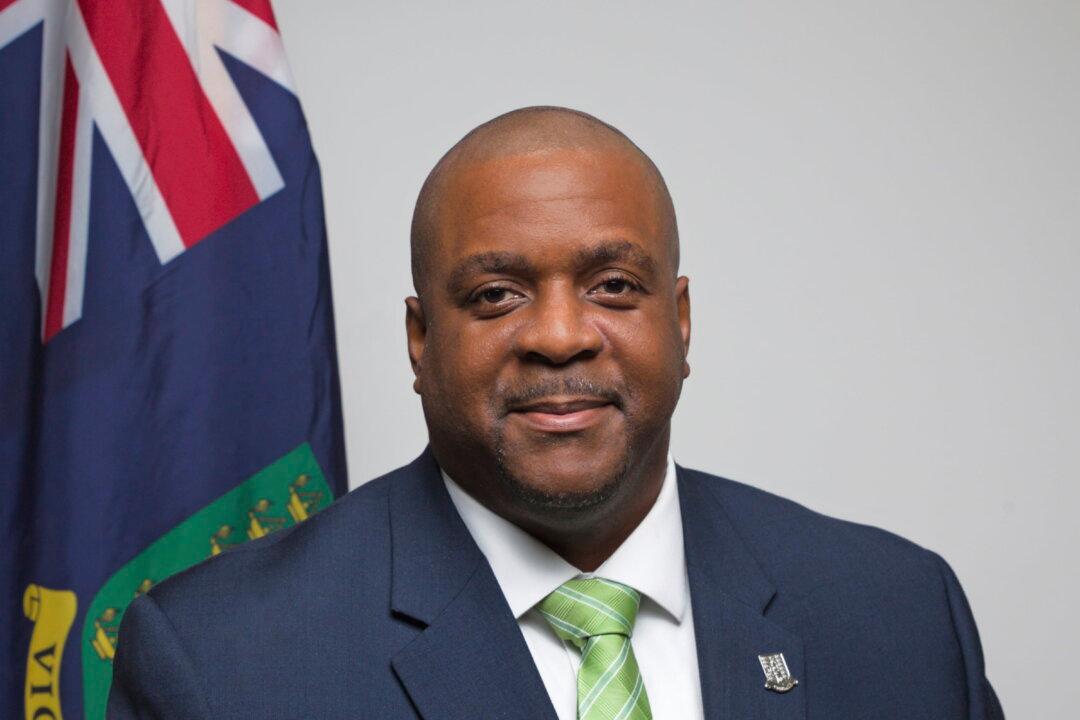The UK’s Minister for overseas territories Amanda Milling will travel to the British Virgin Islands (BVI) for governance talks as the territory’s elected Premier Andrew Fahie appeared in a U.S. court on Friday on drug-trafficking-related charges.
Fahie, 51, was arrested at a Miami airport on Thursday in an operation led by the U.S. Drug Enforcement Agency on charges of money laundering and conspiring to import cocaine. Oleanvine Maynard, managing director of the BVI Ports Authority, was also arrested.





